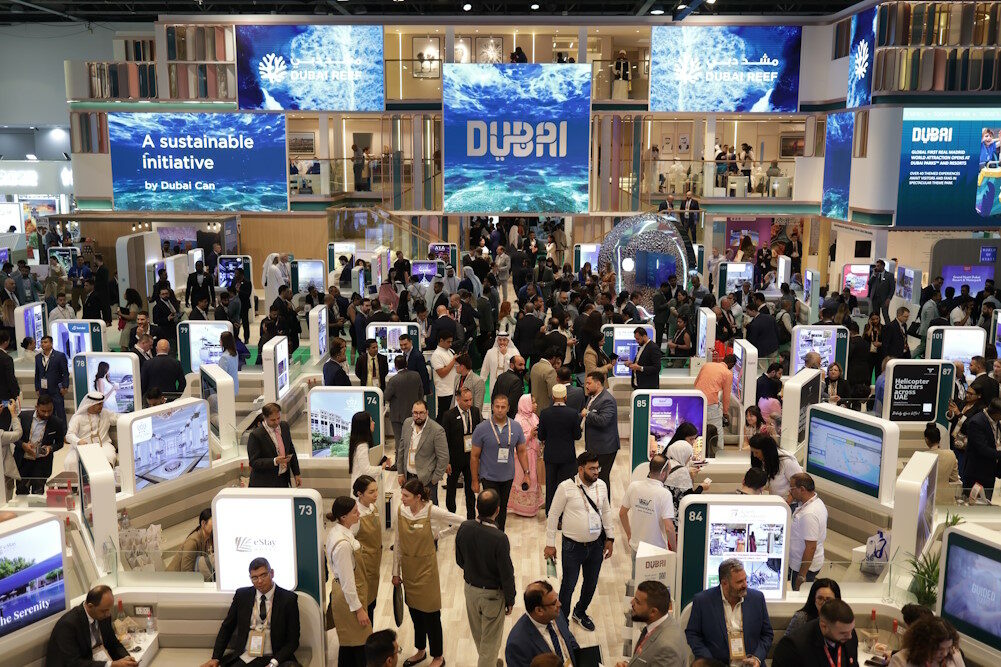Responsible tourism is an important avenue to achieving the United Nations' Sustainable Development Goals (SDGs), particularly with a focus on SDG 8 (Decent Work and Economic Growth), SDG 12 (Responsible Consumption and Production), and SDG 14 (Life Below Water) and SDG 15 (Life on Land). It's a strategy aimed at maximizing the benefits of tourism while minimizing its potential negative impact on the environment, society, and economy.
Firstly, tourism contributes significantly to economic growth (SDG 8). It generates jobs, supports local businesses, and stimulates local economies. Responsible tourism further enriches this by ensuring jobs are fairly paid and conditions are safe and secure, contributing to decent work for all. Moreover, responsible tourism prioritizes local suppliers, artisans, and producers, helping promote sustainable economic growth.
Responsible tourism also aligns with the principles of responsible consumption and production (SDG 12). Tour operators who operate responsibly are careful to minimize waste, use resources efficiently, and avoid overconsumption. They encourage tourists to respect local customs, traditions, and regulations, which helps sustain ecosystems and cultures.
Furthermore, responsible tourism plays a key role in conserving and sustainably using the oceans, seas, and marine resources (SDG 14) as well as protecting, restoring, and promoting sustainable use of terrestrial ecosystems (SDG 15). Many responsible tourism initiatives include actions that protect wildlife and ecosystems, such as avoiding activities that harm marine life or disturb animals in their natural habitats. By limiting the environmental impact of tourism, these actions protect biodiversity and support conservation efforts.
Finally, responsible tourism can also support SDG 10 (Reduced Inequalities) and SDG 11 (Sustainable Cities and Communities) by ensuring that the benefits of tourism are shared equitably and that tourism development is integrated into planning that meets community needs and protects cultural heritage.
Cirium has released the Flight Emissions Review, the official airline report giving stakeholders across the aviation sector an accurate, transparent, data-backed view of emissions performance. The emissions calculation is built on the most accurate calculations available and its methodology is certified to ISAE 3000 with Reasonable Assurance.
The review includes
An exclusive whitepaper produced for Arabian Travel Market (ATM) by Digital Tourism Think Tank (DTTT) has highlighted that only 15% of UN Sustainable Development Goals (SDGs) related to tourism are on track to be achieved by 2030 according to the body, underscoring the need for more action to be taken across the sector.
This paper seeks to provoke increased reflexivity and critical dialogue within the Indigenous tourism research community.
World Tourism Day 2026
World Tourism Day 2026 beckons! As we stand on the brink of another celebration of the myriad wonders of global travel, it's crucial to recognise the significant role of SDGs (Sustainable Development Goals).
Since its inception, World Tourism Day has been an emblematic moment for travel enthusiasts. But this World Tourism Day 2026 isn't just another tick on the calendar. It represents an alignment of the global journey with SDGs.
The Importance of SDGS
This research aims to identify opportunities for the tourism industry to effectively address the Sustainable Development Goals (SDGs) in ways that respect Indigenous priorities and support development aspirations of Indigenous peoples.



